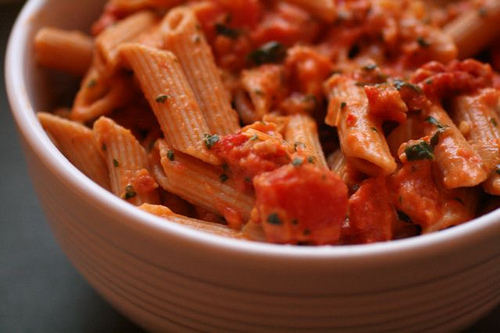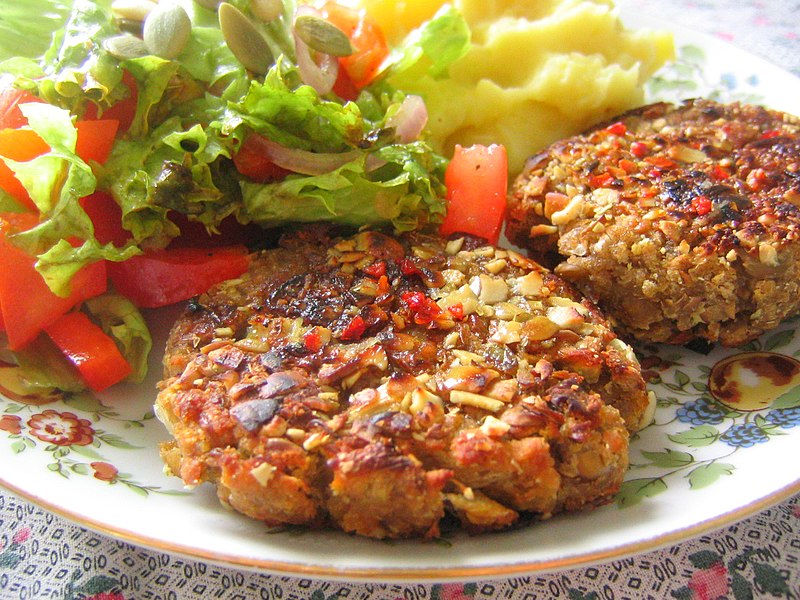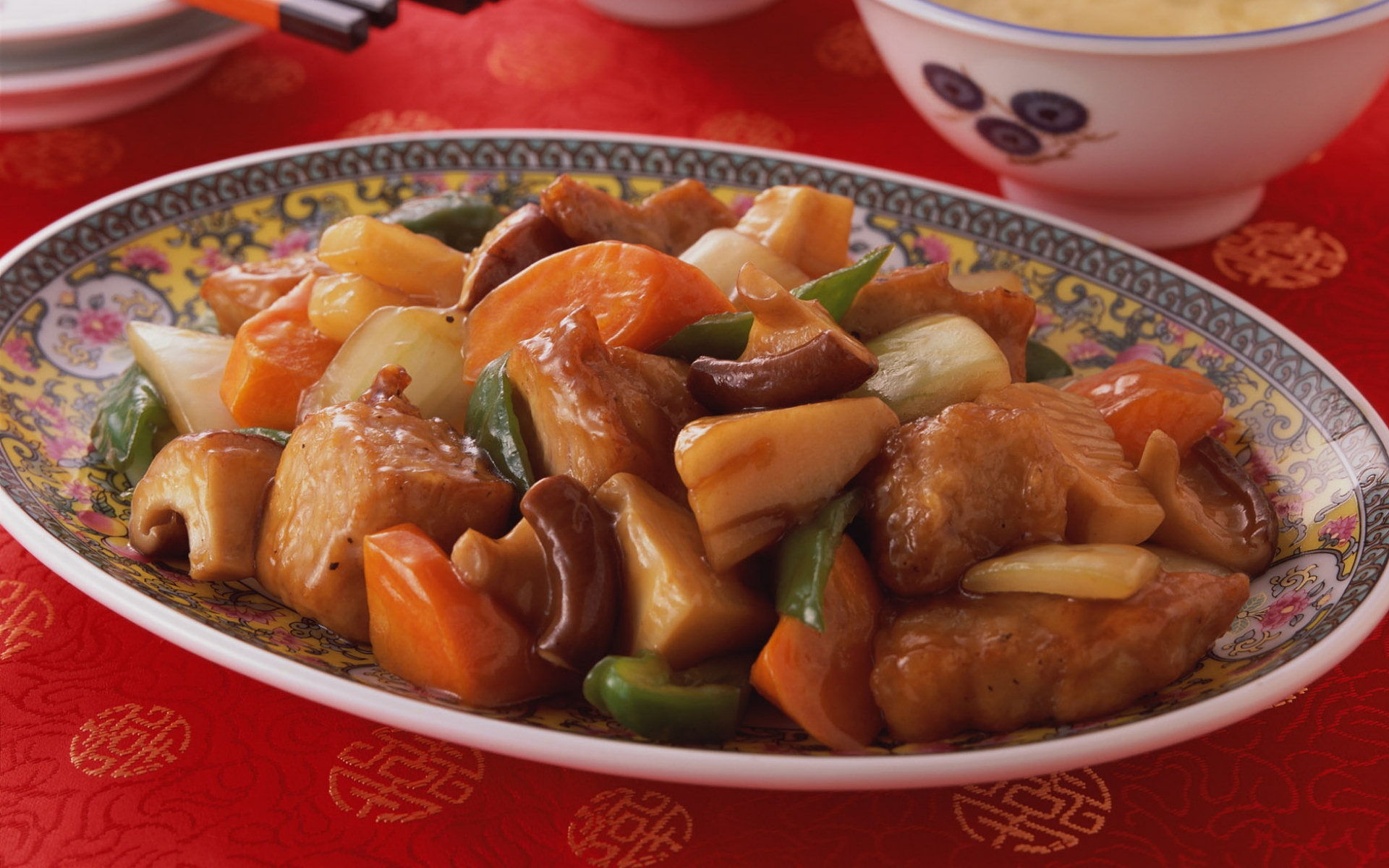Biography Source google.com.pk
A recipe is a set of instructions that describes how to prepare or make something, especially a culinary dish. It is also used in medicine or in information technology (user acceptance). A doctor will usually begin a prescription with recipe, usually abbreviated to Rx or an equivalent symbol.
Early examples
Apicius, De re culinaria, an early collection of recipes.
The earliest known recipes date from approximately 1600 BC and come from an Akkadian tablet from southern Babylonia.[1] There are also ancient Egyptian hieroglyphics depicting the preparation of food.[2]
Many ancient Greek recipes are known. Mithaecus's cookbook was an early one, but most of it has been lost; Athenaeus quotes one short recipe in his Deipnosophistae. Athenaeus mentions many other cookbooks, all of them lost.
Roman recipes are known starting in the 2nd century BCE with Cato the Elder's De Agri Cultura. Many other authors of this period described eastern Mediterranean cooking in Greek and in Latin. Some Punic recipes are known in Greek and Latin translation.
The large collection of recipes conventionally entitled 'Apicius' appeared in the 4th or 5th century and is the only more or less complete surviving cookbook from the classical world.[3] It lists the courses served in a meal as 'Gustatio' (appetizer), 'Primae Mensae' (main course) and 'Secundae Mensae' (dessert).
Arabic recipes are documented starting in the 10th century; see al-Warraq and al-Baghdadi.
King Richard II of England commissioned a recipe book called Forme of Cury in 1390,[5] and around the same time another book was published entitled Curye on Inglish.[6] Both books give an impression of how food was prepared and served in the noble classes of England at that time. The luxurious taste of the aristocracy in the Early Modern Period brought with it the start of what can be called the modern recipe book. By the 15th century, numerous manuscripts were appearing detailing the recipes of the day. Many of these manuscripts give very good information and record the re-discovery of many herbs and spices including coriander, parsley, basil and rosemary, many of which had been brought back from the Crusades.
Modern recipes and cooking advice
With the advent of the printing press in the 16th and 17th centuries, numerous books were written on how to manage households and prepare food. In Holland[8] and England[9] competition grew between the noble families as to who could prepare the most lavish banquet. By the 1660s, cookery had progressed to an art form and good cooks were in demand. Many of them published their own books detailing their recipes in competition with their rivals. Many of these books have now been translated and are available online.
By the 19th century, the Victorian preoccupation for domestic respectability brought about the emergence of cookery writing in its modern form. Although eclipsed in fame and regard by Isabella Beeton, the first modern cookery writer and compiler of recipes for the home was Eliza Acton. Her pioneering cookbook, Modern Cookery for Private Families published in 1845, was aimed at the domestic reader rather than the professional cook or chef. This was immensely influential, establishing the format for modern writing about cookery. It introduced the now-universal practice of listing the ingredients and suggested cooking times with each recipe. It included the first recipe for Brussels sprouts. Contemporary chef Delia Smith called Acton "the best writer of recipes in the English language." Modern Cookery long survived Acton, remaining in print until 1914 and available more recently in facsimile.
Titlepage of Beeton's Book of Household Management
Acton's work was an important influence on Isabella Beeton,[14] who published Mrs Beeton's Book of Household Management in 24 monthly parts between 1857 and 1861. This was a guide to running a Victorian household, with advice on fashion, child care, animal husbandry, poisons, the management of servants, science, religion, and industrialism.[15][16] Of the 1,112 pages, over 900 contained recipes. Most were illustrated with coloured engravings. It is said that many of the recipes were plagiarised from earlier writers such as Acton, but the Beetons never claimed that the book's contents were original. It was intended as a reliable guide for the aspirant middle classes.
The American cook Fannie Farmer (1857–1915) published in 1896 her famous work The Boston Cooking School Cookbook which contained some 1,849 recipes.[
Bourbon Chicken
Recipe Box Grocery List Print
TOTAL TIME
35mins
PREP 15 MINS
COOK 20 MINS
I searched and finally found this recipe on the internet. It is a copycat of the Bourbon Chicken sold in Chinese carry-outs in my hometown. This recipe is so good that my sons gobble it up leaving me just a spoonful. Their excuse was they thought I had eaten. Editor's Note: Named Bourbon Chicken because it was supposedly created by a Chinese cook who worked in a restaurant on Bourbon Street.
Skip to Next Recipe
INGREDIENTS Nutrition
SERVINGS 4 UNITS US
2 lbs boneless chicken breasts, cut into bite-size pieces
1 -2 tablespoon olive oil
1 garlic clove, crushed
1⁄4 teaspoon ginger
3⁄4 teaspoon crushed red pepper flakes
1⁄4 cup apple juice
1⁄3 cup light brown sugar
2 tablespoons ketchup
1 tablespoon cider vinegar
1⁄2 cup water
1⁄3 cup soy sauce
DIRECTIONS
Editor's Note: Named Bourbon Chicken because it was supposedly created by a Chinese cook who worked in a restaurant on Bourbon Street.
Heat oil in a large skillet.
Add chicken pieces and cook until lightly browned.
Remove chicken.
Add remaining ingredients, heating over medium Heat until well mixed and dissolved.
Add chicken and bring to a hard boil.
Reduce heat and simmer for 20 minutes.
Serve over hot rice and ENJOY.
Great Food Recipes
Great Food Recipes
Great Food Recipes
Great Food Recipes
Great Food Recipes
Great Food Recipes
Great Food Recipes
Great Food Recipes
Great Food Recipes
Great Food Recipes
Great Food Recipes
Great Food Recipes
Great Food Recipes
Great Food Recipes
Great Food Recipes
Great Food Recipes
Great Food Recipes












No comments:
Post a Comment